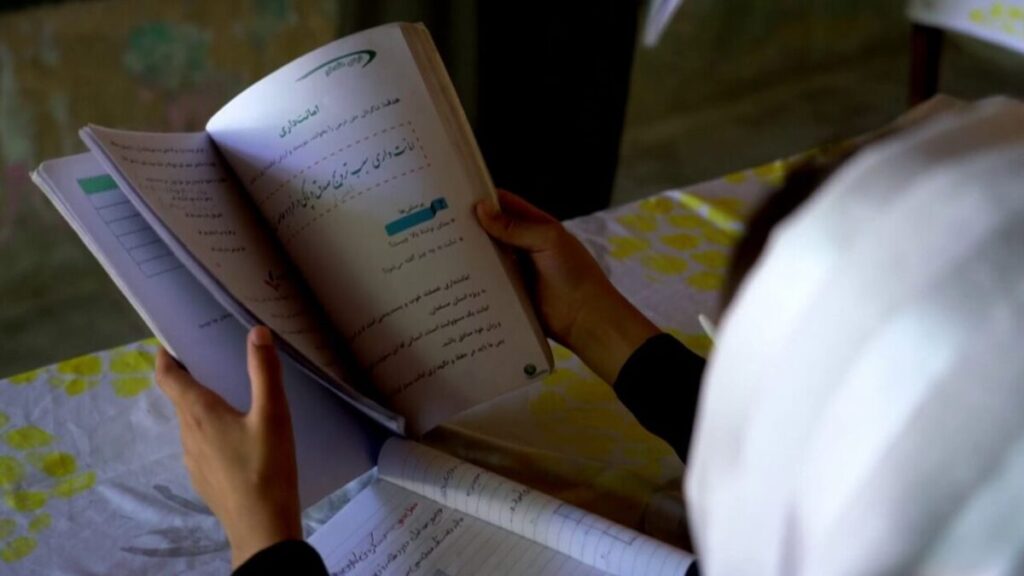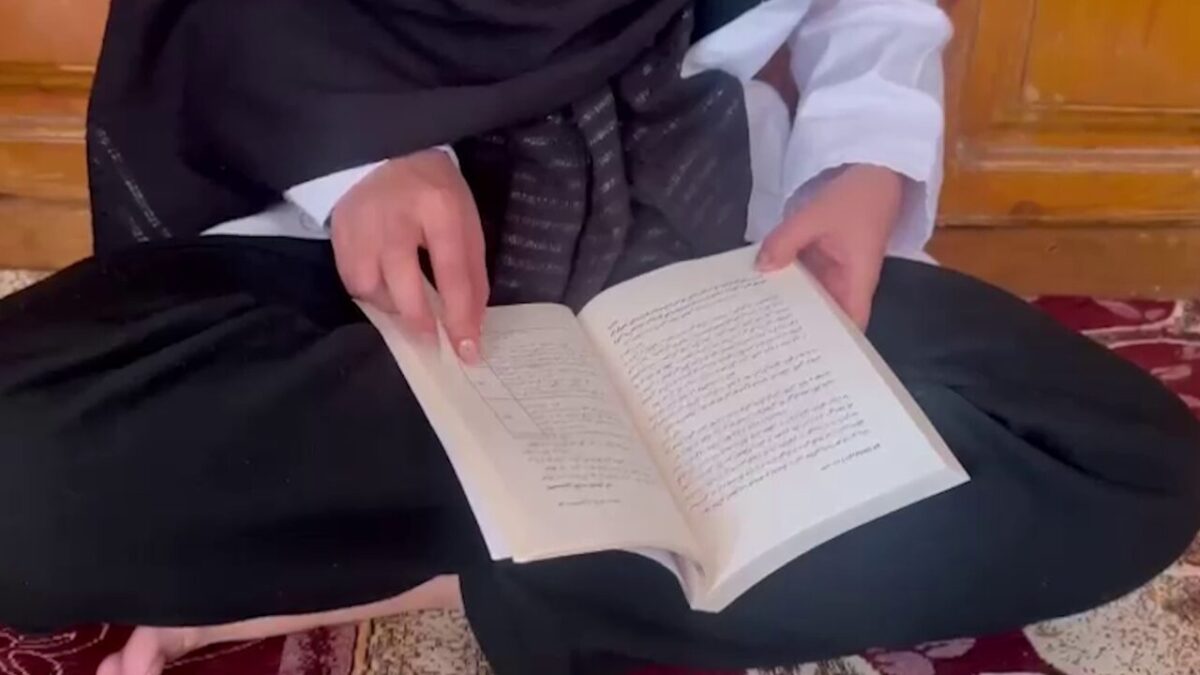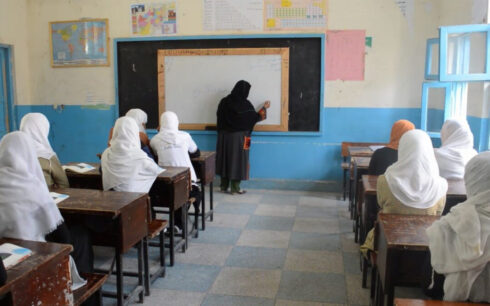The Taliban’s closure of medical educational institutions for women has left thousands of female students in Afghanistan grappling with shattered dreams and an uncertain future. The ban, imposed last December, effectively barred women from higher and semi-higher medical education, stripping them of opportunities to contribute to a country already facing a dire shortage of healthcare professionals.
Sodaba, a former medical student at Herat University, shared her story of resilience and heartbreak. After studying medicine for six years, she returned to her family in Farah Province when universities were shut down. Determined to continue, she enrolled in a midwifery program. Now, with that program also closed, her aspirations are fading.
“My last hope was this institute,” she said. “I studied five years of curative medicine with the hope of becoming a helping hand for my family, but the university was closed. Then I turned to midwifery to improve our financial situation and help people. But this, too, was taken away. No door of hope is open to a being called ‘woman’ in Afghanistan.”

The ban has impacted at least 35,000 female students who were previously studying in 10 public medical institutions and over 150 private ones, according to a report by Agence France-Presse citing sources within the Taliban-run Ministry of Health. Many of these students had dreamed of becoming doctors, nurses, or midwives—professions critically needed in Afghanistan, particularly for serving women and children.
“This was my last hope to achieve something, to become someone. But everything has been taken from us because of the crime of being a girl,” said Marwa, another student. “I will have no achievements for the rest of my life.”
Healthcare shortages loom
The United Nations’ World Health Organization and other health organizations have warned that Afghanistan already faces a severe shortage of female medical professionals. The closure of these institutions is expected to exacerbate the crisis, leaving many women without access to proper healthcare in a country where cultural norms often require female doctors for female patients.
Many students have called for the immediate reopening of medical institutions, arguing that education is a fundamental right and vital for the country’s future. “Education and participation in professional fields are natural rights of every human being,” one student said. “We just want the chance to return to our classrooms.”
The Taliban’s ban on female education has drawn widespread condemnation from the international community. However, for Afghanistan’s women, the loss of their education represents more than just policy—it is the erasure of their hopes and a further marginalization in their own country.





